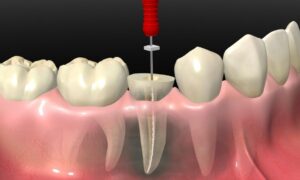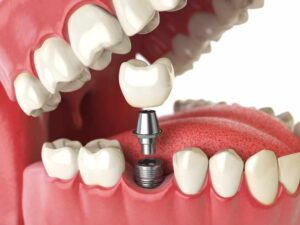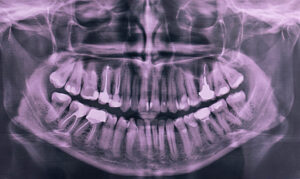Introduction
COVID-19 is an ongoing pandemic caused by novel coronavirus. Among those infected with COVID-19, 80% of the patients will only experience mild symptoms from the disease such as flu-like symptoms and able to recover without any specialised treatment. 20% of the infected patients might develop serious illness which requires hospitalisation and intensive treatment.
In this article, we will look into the latter group with a higher risk of developing severe diseases from COVID-19 and their complications.
High-risk groups for COVID-19
Certain groups are deemed to be more susceptible in developing serious illnesses caused by COVID-19.
High-risk groups are as below:
- Old age
- Male
- Smoker
- Obesity
- Underlying medical condition
o High blood pressure
o Diabetes
o Cardiovascular disease such as heart attack, heart failure, stroke and angina
o Lung diseases such as Chronic Obstructive Pulmonary Disease (COPD) and asthma
o Liver diseases
o Had undergone organ transplantation
o Recovering from recent surgery
Why do some cases lead to serious illness?
In certain conditions, the body’s immune system might be overstimulated, in which a high number of immune mediators are circulating in your bloodstream. They might damage cells, tissues and organs including heart, kidney and liver, leading to life threatening complications or even death. On the other hand, patients with weakened immune systems are ineffective to fight off the virus.
What serious diseases can COVID-19 lead to?
Lung
- Lung infection (pneumonia)
- Pneumonia is the infection of the lung that can be caused by coronavirus. It was the first sign prompting the discovery of COVID-19 in Wuhan, China.
- Lung injury (acute respiratory distress syndrome)
- Acute respiratory distress syndrome is a severe form of lung injury experienced by patients in serious cases of COVID-19. In this condition, fluid builds up in the lung sac, in which the oxygen and waste exchange between air and blood cannot occur normally. Patients might require ventilation aid to maintain their oxygen saturation at a normal level.
Liver
- Acute liver injury
- It is believed that coronavirus has a direct effect on liver, or the exaggerated immune system response had led to damage to the liver. Blood tests might show deterioration in the liver function indicators. The vulnerable COVID-19 patients are at risk of experiencing a life-threatening condition of rapid loss in liver function.
Heart
Emerging evidence reveals that patients infected with COVID-19 might develop complications related to heart and its blood vessel, including heart attack, heart failure, problems with rate or rhythm of the heart (arrhythmia) and blood clot in blood vessel supplying the heart. These adverse outcomes lead to an increase in sudden death rate among patients.
Acute kidney injury
Acute kidney injury also known as acute kidney failure happens when kidney function fails suddenly and loses the ability to remove waste products from the body. Dialysis might be needed in this group of patients.
Blood clot
COVID-19 patients have a higher chance of developing blood clot in the lung or leg. It will block the blood flow to the affected parts which can be life-threatening.
Neurological complication
Neurological complications are also reported on COVID-19 patients, such as brain inflammation (encephalitis), blood vessel condition in the brain (cerebrovascular disease), impaired consciousness, fit (seizures), movement disorder, mood disorder, memory deterioration (dementia) and many more.
Conclusion
The virus can directly inflict damage to the body or indirectly stimulate an exaggerated immune response that attacks the body. Patients infected by COVID-19 might develop mild symptoms to severe diseases involving organs such as the brain, heart, kidney and liver. Thus, the public are highly encouraged to practice all the preventive measures such as wearing a mask in public, washing hands with soap and water after touching surfaces and maintaining social distance in public. Also get your dose of Covid vaccine as soon as possible. Together, we can stop the spread of COVID-19.




